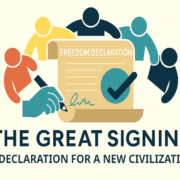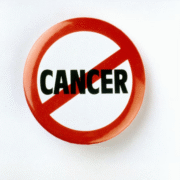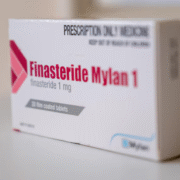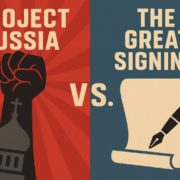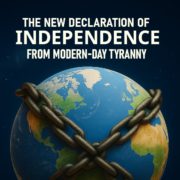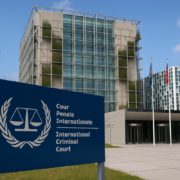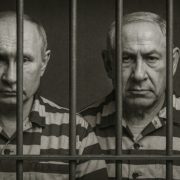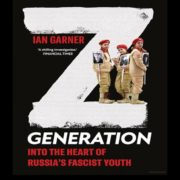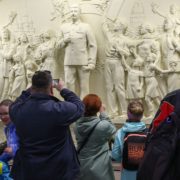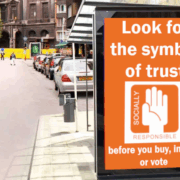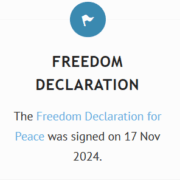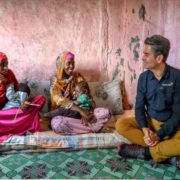FOR IMMEDIATE RELEASE: Sydney, Australia - The Great Signing marks the first moment in human history where society can be fundamentally reset—socially, politically, and economically—not through subjugation, revolution, or war, but through a new declaration of independence against modern-day tyranny.
Sydney, Australia – Online service PByT, which stands for Powered by Trust, is inviting both cancer patients and medical practitioners to participate in the world’s first trial of creating the most comprehensive database of information about cancer treatment utilizing AI.
For clinicians, accurate information is the foundation of safe and effective medical practice. Yet today’s health-care environment is shaped by information bottlenecks, commercial pressure, and regulatory structures that lag far behind clinical reality.
Every day, millions of young men around the world type the same question into search bars, Reddit threads, YouTube comments and telehealth chat boxes.
Australia’s childcare crisis exposes a deeper civilizational failure: designing society around markets instead of human values.
Australia’s childcare crisis is not an isolated policy failure — it is a symptom of something much larger: the collapse of the Industrial Age order and the erosion of moral trust in our social institutions.
The 21st century is entering a decisive phase — one that will determine whether humanity descends into authoritarianism or rises toward a cooperative, peaceful future.
Nearly 250 years ago, a people rose up to free themselves from the tyranny of a king through the Declaration of Independence. Today, we face a similar challenge in the face of a new and more insidious form tyranny.
A key element of Project Open Democracy is the expansion of the International Criminal Court (ICC) to include all countries, with findings enforced globally.
The wars in Ukraine and Gaza have shaken the world and revealed the failures of old institutions to bring peace. Instead of resolution, we see endless cycles of violence, propaganda, and division.
The world today is not only fighting wars with guns, tanks, and missiles. We are also embroiled in another, less visible but equally dangerous battle: the war of narratives.
Russia is witnessing a striking ideological shift: the rehabilitation of Joseph Stalin. Under President Vladimir Putin, Stalin’s image has returned to public life through statues, commemorations, and narratives of national greatness that gloss over the terror of his rule.
In recent years, businesses have embraced ESG—Environmental, Social, and Governance standards—as a way to signal responsibility beyond mere profit. Yet despite the branding, ESG has often failed to generate meaningful societal change.
Signing the Declaration offers a path out of the chaos and confusion of the current age by supporting a unifying vision—one that restores hope in humanity and confidence in a better future.
The official closure of USAID, once the world’s largest bilateral foreign aid agency, marks a seismic shift in global humanitarian assistance. For organizations like World Vision, the impact is immediate and devastating.

